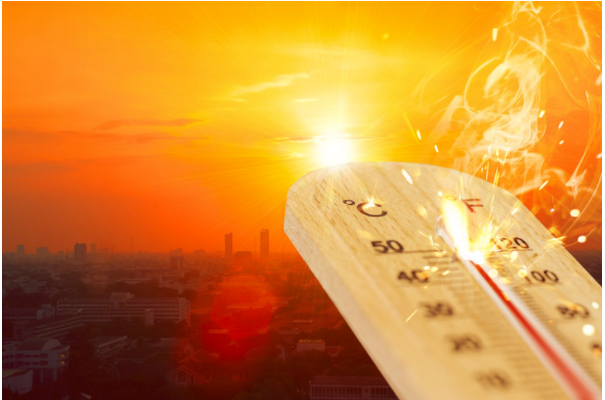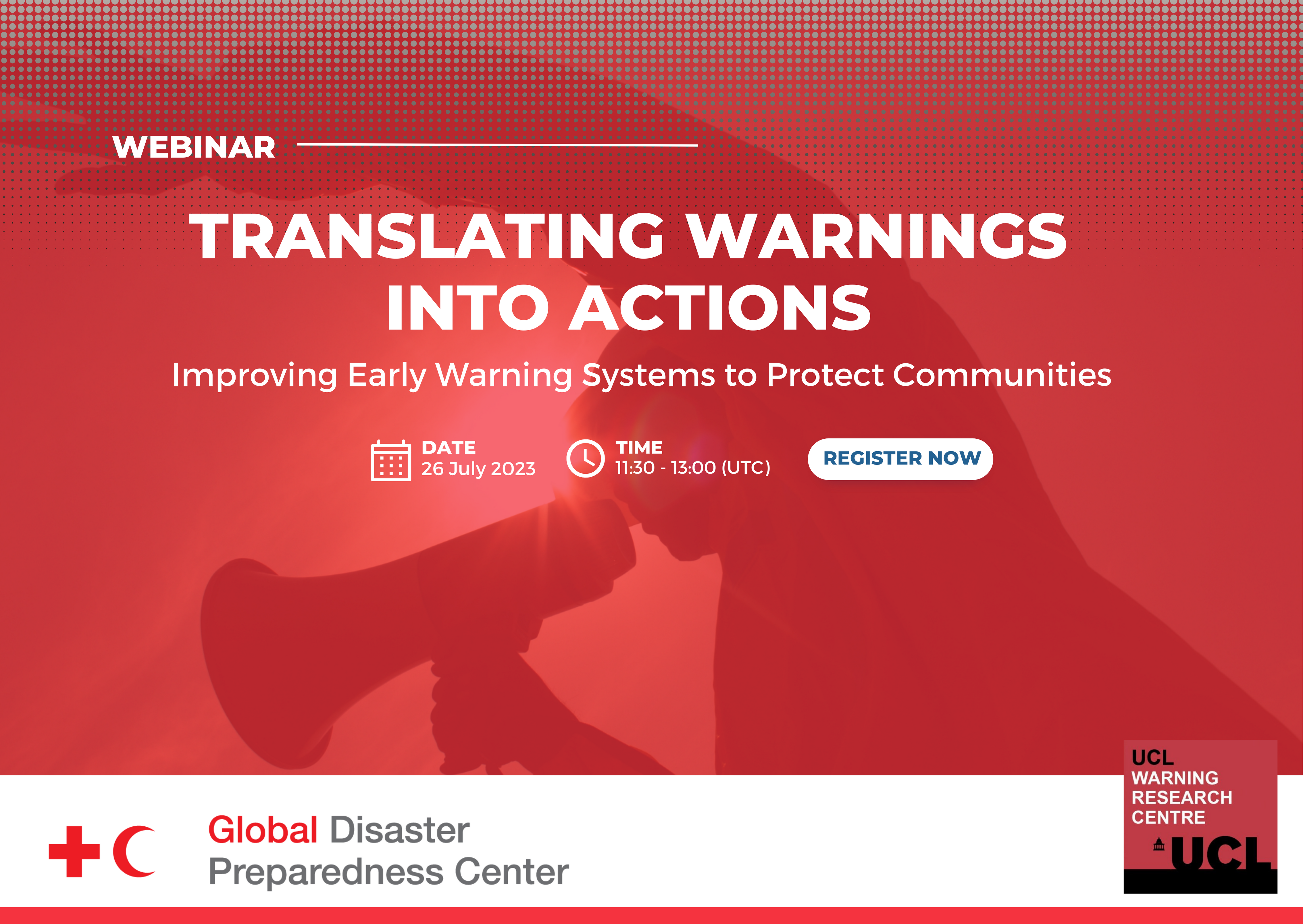Vladislav Kovalevski
vladislav.kavaleuski@redcross.org
Washington DC, United States
Guidance material

Media representations of heatwaves and climate change plays an important role in how the public thinks about, perceives, prepares for and acts on risks to their health, and how decision and policy makers address the problem. This brief was developed ...
Guidance material, Report

In the face of increasing extreme weather events and other hazards, Early Warning Systems can provide vulnerable populations with information that may enable them, and their duty bearers, to prevent predictable crisis impacts. To be effective, early ...
Data set

The Resilient Planet Data Hub is a resource that provides open data about climate and environmental risks. The hub offers high-quality data that is globally consistent. The hub’s Global Resilience Index (GRI) Risk Viewer compares risks from var...
Guidance material

The checklist and implementation guide for inclusive early warning and early action was developed as part of the Climate Risk and Early Warning Systems (CREWS) Pacific initiative and seeks to contribute to the implementation of the Executive Action P...
Awareness material, Video

Interview featuring Caroline Holt, IFRC Director of Climate, Disaster and Crisis, as she discusses what constitutes a well-prepared Red Cross Red Crescent National Society and how we can advocate for more investments in preparedness. Watch the vi...
Research

The 2020 monsoon floods in Bangladesh were among the most severe and protracted in decades. Instead of waiting for disaster to strike, the Bangladesh Red Crescent Society used impact-based forecast data to reach nearly 3,800 vulnerable households alo...
Video

Event overview Early warning systems are essential in minimizing the impact of hazards on communities. However, issuing warnings alone is not sufficient for an effective system. The true measure of success lies in the quality of the overall response....
Guidance material

Formed over centuries and adapted to local cultures and environments, the term “Traditional Knowledge” refers to the knowledge, practices, and behaviours of indigenous and local communities all around the world. In the context of Disaster Risk Re...
Research

As climate change increases the frequency and intensity of extreme weather events, governments and civil society organizations are making large investments in early warning systems (EWS) with the aim to avoid death and destruction from hydro-meteorol...
